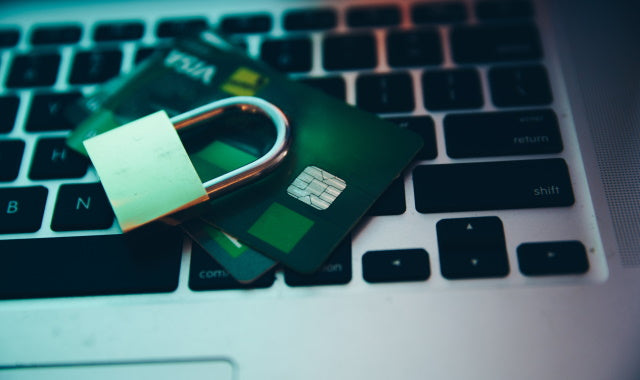
To protect the interest of our customers and make them feel safer while shopping online, we came up with the blog- How to make your Online Shopping Secure. In continuation with our effort, we are once again here to share some tips on basic security measures that we should follow while carrying out any type of online transactions. These tips are relevant whether you are paying your utility bills, doing any banking transactions or shopping online. So let’s get going…
-
Avoid Public Wi-fi- At all cost, avoid doing important transactions such as paying bills, accessing your bank or credit card accounts, shopping etc. over public wi-fi. They often have fewer security features than a private network. In addition to this, make sure your personal wi-fi is privatize and not available to others.
-
Avoid Public Terminals- Avoid doing important transactions on public computers such as in cyber cafés or private libraries etc. It’s always best to use your own personal computer, laptop or mobile. Even when you are using your personal device, be mindful if you are in a public place. It’s quite easy to snoop in your personal or payment information.
-
Protect your computer- Invest in some good anti-virus program for your device to protect it from viruses and malwares. Just installing the program is not enough, make sure your anti-virus program is updated regularly or it’s in auto update mode.
-
Keep all Software Up-to-date- Make sure that your operating system is updated regularly. All the other software including your internet browser should also be up-to-date. They provide an additional layer of security by utilizing the most recent technology.
-
Create a Strong Password- Always create strong passwords for your computer, emails, online store accounts or your social media accounts. Using a phrase or statement that you can easily remember is a good option. Never keep the same password for all your accounts. If one of your account is hacked, the other accounts become extremely vulnerable. In case, you find it difficult to remember multiple passwords, use a password manager tool. There are free ones available too. Also, ensure that you change your passwords every 2-3 months.
-
Don’t Forget to Log Out- After you complete your work or transaction, ensure that you have logged out of your account. Similarly, if you leave your device unattended for some time, make sure you have locked the device.
-
Beware of Email Scams- We all know about spam emails and are pretty conscious about not opening them. However, at times you may receive emails that look similar to the emails of some known brand with a great offer or with a claim that you have won a contest. You might get easily tempted to click the link. Before you do that, always check the email address of the sender. If the email address looks suspicious, simply delete the email.
-
Do not share Personal Information- No genuine online store will ever ask for your personal details beyond your name, email address, phone number, address and your payment details. If you are being asked about any personal information beyond these basic details, be alarmed. Fraudsters can also reach out to you over the phone pretending to be the customer support of a known brand or online store from where you might have made a recent purchase. Be very careful about such calls and be mindful of the information you share. Also, be extra careful of the personal information that you share on social networking sites. Avoid sharing details such as full date of birth, passport number or any other identification number.
-
Check your Account Statement regularly- Do not wait for the statement to come at the end of the month. Be proactive in checking your statement randomly during the month too. This is more applicable during the holiday/festival sale seasons. This is the time when fraudsters are most active.
-
Prefer Virtual Keyboard- While making online payment transactions, prefer to use a virtual keyboard. Most banks provide a virtual keyboard right there on their login page. Make sure to use the same. There are malware and viruses that can keep a log of what you type using a physical keyboard.
Follow these basic guidelines and keep yourself safe. We can’t always predict the nature of the threat that we face regularly on internet, but we can surely protect ourselves by being extra careful on our part.